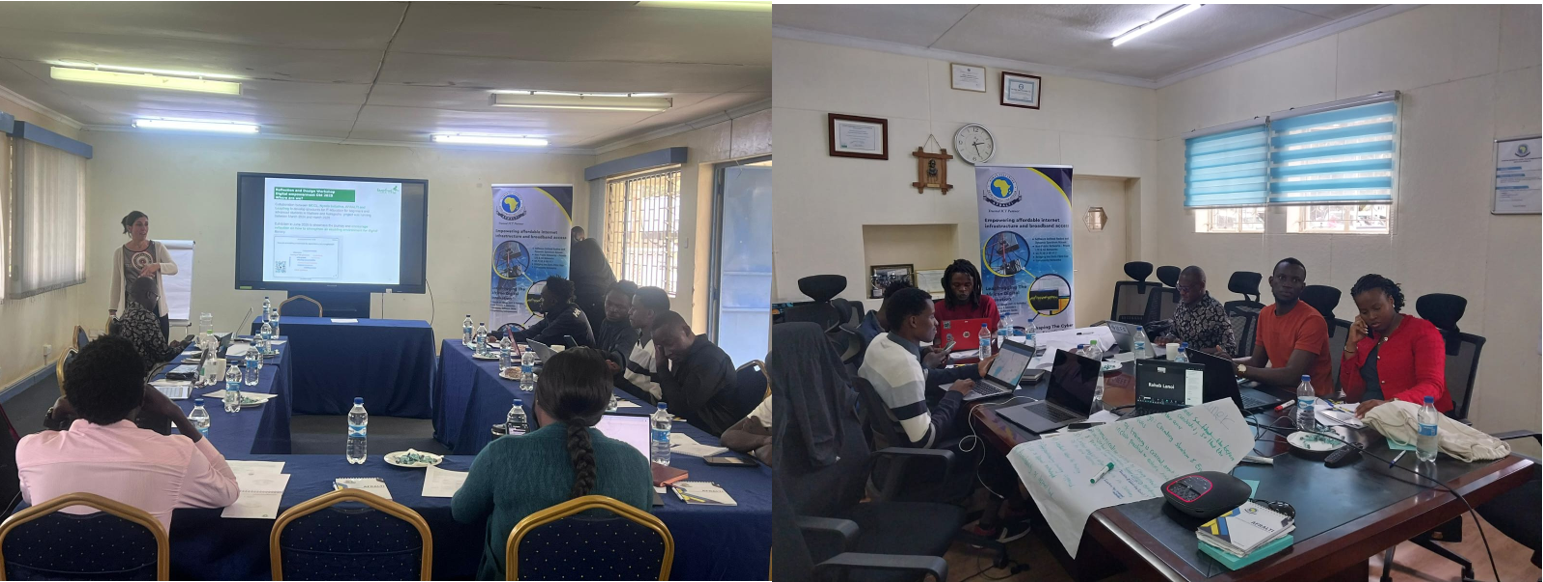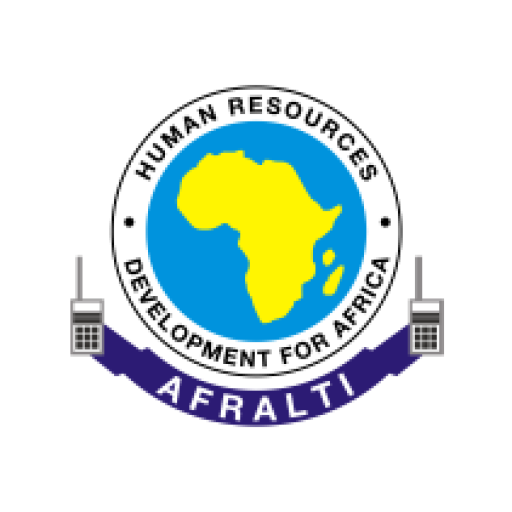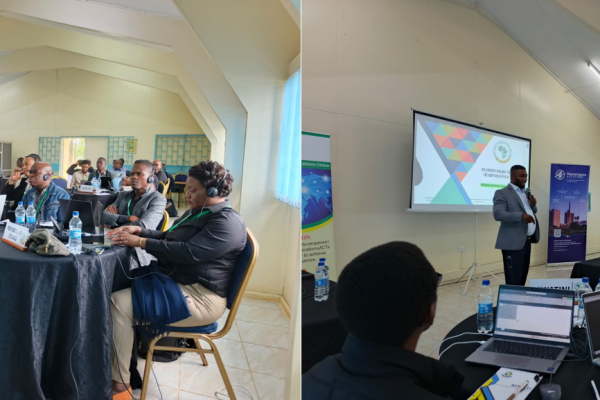
Building Digital Futures: AFRALTI and Leapfrog e.V. Host Brainstorming Workshop on ICT Capacity Building
The African Advanced Level Telecommunications Institute (AFRALTI), in partnership with Leapfrog e.V., hosted a brainstorming workshop at AFRALTI campus to reflect on the outcomes of the previous project completed in November 2024 focused on Building Structures for IT Education in Nairobi’s informal settlements.
The previous project delivered basic ICT training to participants of various age groups in informal settlements of Mathare and Korogocho. The participants included 80 students (with 50% female representation), 80 adults (with 50% female representation) and 60 community leaders. 20 students from both Mathare and Korogocho were thereafter selected for an advanced training programme at AFRALTI to learn fundamentals of networking concepts and Internet of Things (IoT).
Hence, during the brainstorming session, representatives from community digital hubs, ICT trainers, educators, and development partners were present to co-create ideas for the next phase of the initiative. The discussions centered on strengthening digital literacy, promoting practical ICT skills, and creating career pathways in the digital economy, particularly for youth in underrepresented urban communities.
Lessons Learnt from the Previous Programme
The workshop began by reflecting on the previous programme and identifying the impediments alongside the lessons learnt from previous experience. It was highlighted that:
- There is a need to prioritise quality over quantity in training programmes that reach underrepresented urban communities. Often, while the number of trainees targeted to go through such programmes is large, considering the quality of experience is really important.
- Process of reporting can be enhanced with strategic follow-up mechanisms to ensure consistency.
- At the shaping stage of the programme, the trainers should be involved in the planning and needs assessment.
- Such programmes should be designed to ensure active commitment by all the participants.
- With varying levels of ICT skills, strategic grouping of the trainees is important.
- Class sessions should be designed to achieve a proper ratio of trainers/trainees as well as quality access and use of resources.
- Mentorship structures should be strengthened to curb dropout rates.
Strengthening the Next Programme
While reflecting on the previous experience, the brainstorming session explored a co-creation approach that aims to achieve the following:
1. Improve the approach of delivering Basic ICT Training through
- Inclusive approach to Content Development: Training should be driven by participant needs, guided by pre-training assessments, expert advice, and market demand analysis.
- Provision of reliable Infrastructure: Strengthen ICT infrastructure to ensure reliable access and learning continuity.
- Customisation: Tailor training content to local contexts for example, using languages such as Swahili to enhance understanding.
2. Enhance Advanced IT Training by
- Introducing internship programs with experts in coding, digital storytelling, software development, and networking.
- Providing certifications from reputable programs to enhance credibility and employability.
- Integrating AI tools into both training and internship programs.
- Encouraging commitment through an upfront training fee and ensure sufficient practice time in the schedule.
3. Adopt Train-the-Trainer Approaches for Sustainable Local Impact by
- Conducting needs assessments for trainers to identify skill gaps.
- Developing structured training modules and institutional frameworks to support trainers.
- Considering training duration carefully to balance depth and practicality.
- Building trainers’ communication and facilitation skills, including translation and inclusive communication methods (e.g., sign language).
- Collecting and analysing feedback after each training to inform continuous improvement.
- Promoting participatory training approaches that engage all stakeholders for effective resource use.
4. Embracing Organisational Models for Sustainable ICT Education by
- Establishing an ecosystem model that ensures access to devices, connectivity, and broadband coverage.
- Strengthening collaboration with community ICT programs to increase reach and sustainability.
- Promoting hybrid learning approaches combining online facilitation with physical sessions.
- Developing clear policies and institutional structures to support governance, inclusion, and accountability.
The workshop provided an invaluable platform for reflection, collaboration, and innovation. It reaffirmed AFRALTI’s and Leapfrog e.V.’s commitment to advancing digital inclusion, skills development, and innovation across Africa. AFRALTI appreciates such strong partnerships with Leapfrog e.V. that targets to expand knowledge and skills to underserved groups. Reaching the underserved and underrepresented groups is part of AFRALTI’s vision which is also included in its participatory work under the Local Networks (LocNet) Initiative that is led by the Association for Progressive Communications (APC) and Rhizomatica.



